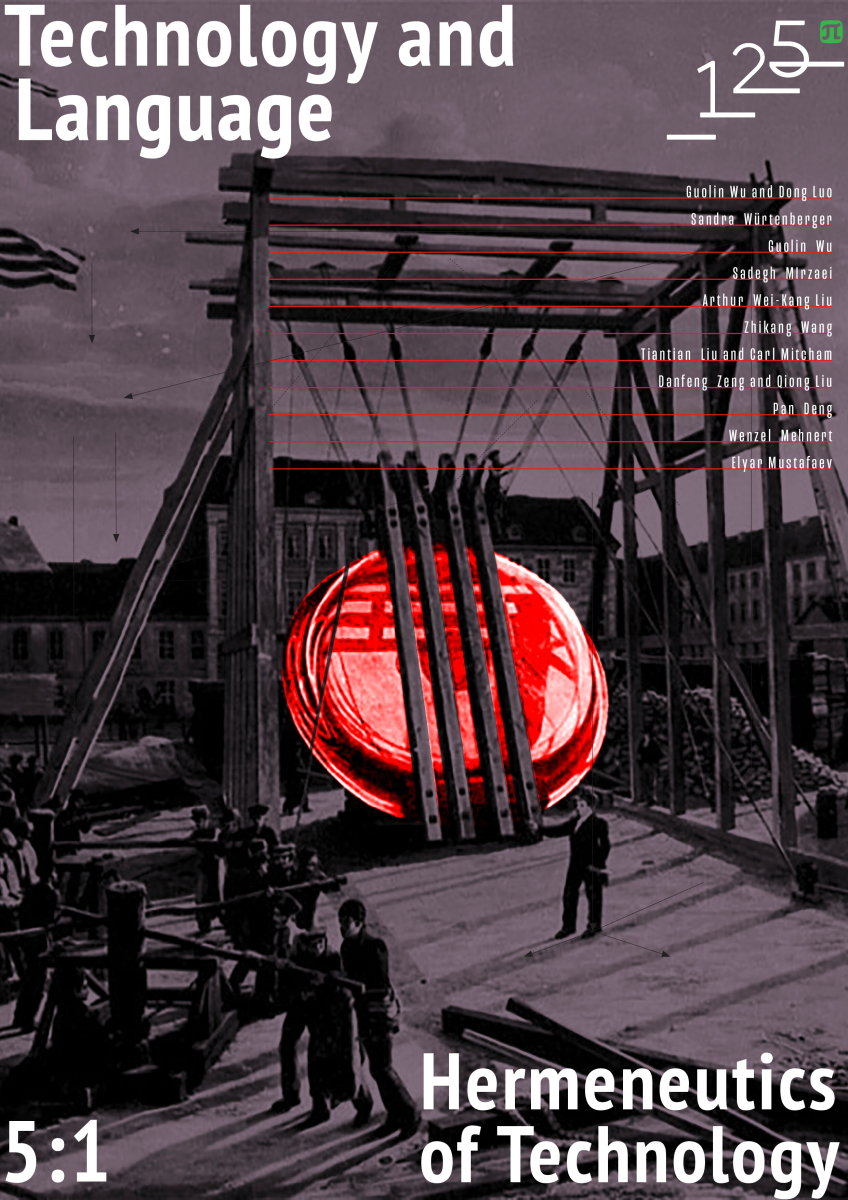Wording Worlds – From writing Futures to building Imaginary Worlds
In the context of the assessment of new and emerging technologies, there is the tendency to talk about futures as different worlds. Futures, especially in a non-trivial sense, postulate a break between our world and the potential future world. This break is accompanied by a series of changes that cannot be foreseen, as no empirical knowledge exists about the impacts and the future world that will follow from them. The only knowledge that exists is based on anticipation, extrapolation or speculation and points at worlds that are somehow estranged from our world, while at the same time show similarities. I argue that the worlds talked about in the context of technological futures are imaginary worlds, meaning cognitive constructs building up on the way we perceive our reality combined with culturally shared hopes and fears. Treating future worlds as imaginary worlds allows for an examination of the work that has been done on imaginary worlds in literary and especially SF-studies. Using the framework of understanding and analyzing futures as imaginary worlds can offer a thorough approach of analyzing images of the future and helps us reimagine the future of emerging technologies more holistically.



